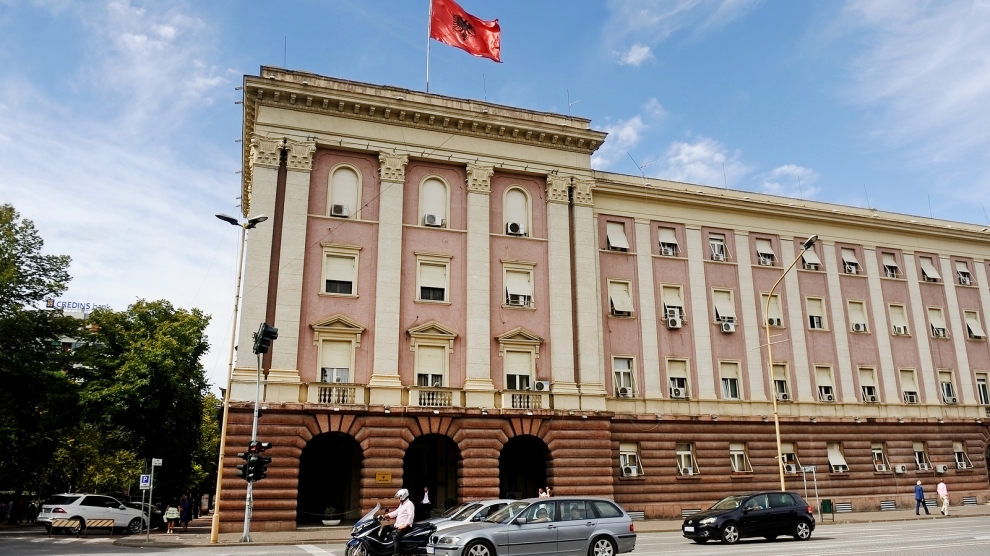While Albania has maintained economic stability, growth this year has fallen mainly due to lower electricity production, concluded the International Monetary Fund (IMF) after a mission, led by Jan Kees Martijn. Looking ahead, the slowdown in key partner countries and heightened political uncertainty present important downside risks.
Albanian authorities have demonstrated a commitment to keeping inflation and fiscal deficit under control. While inflation remains below the 3 per cent target, much stronger growth is needed. Growth is expected to recover from 3 per cent in 2019 to 3.5 per cent in 2020 and 3.7 per cent over the medium term, which is too low for tangible convergence with living standards in the EU.
Weaknesses in Albania’s infrastructure and economic institutions impede a broad and sustained improvement in living standards. Yet, better governance can help attract investment, reduce emigration, and limit crisis risks.
The IMF suggests that the authority should create more room for pro-growth government spending. This can be done by removing complexities and distortions from the tax system and improving revenue administration while keeping tax rates at moderate levels. Secondly, it will be critical to implement current plans for improving the management of public investments, which includes public-private partnerships, to enhance their quality and mitigate the rising fiscal risks. Thirdly, a continued reduction in the fiscal deficit is needed, to keep debt on its downward path. Finally, financial sector reform should continue to foster credit growth, accelerate financial inclusion, and maintain financial stability.

